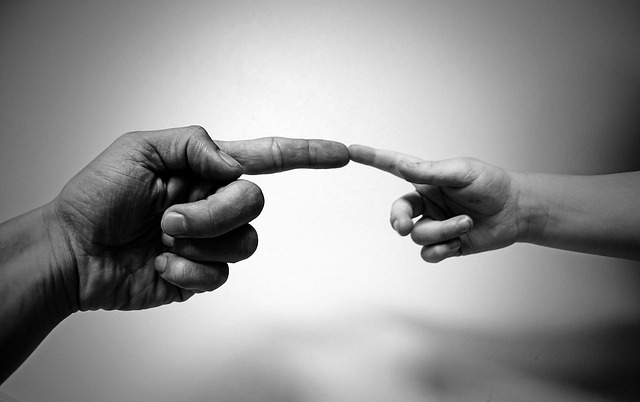
Protective Pathways: Understanding Defense Mechanisms in Relationships
When navigating the intricate world of relationships, we often encounter emotional hurdles that can leave us feeling vulnerable and exposed. One crucial aspect to consider in these dynamics is the concept of defense mechanisms. These psychological strategies serve as shields, protecting us from perceived threats, whether they’re emotional pain or conflict within the relationship. Understanding these mechanisms can dramatically improve the way we engage and connect with our partners.
Defense mechanisms often manifest in various forms, such as denial, projection, or even rationalization. For instance, you might find yourself denying a partner’s need for emotional intimacy because confronting it feels too daunting. Alternatively, you could project your insecurities onto them, blaming their actions for problems rooted in your fears. Recognizing these patterns is vital; it allows you to unearth the emotions buried underneath the surface and understand the behavior as a means of self-protection.
Learning to identify your own defense mechanisms is the first step toward healthier relationships. It’s easy to get caught up in the moment and let your reflexive responses dictate your actions. However, self-awareness is an invaluable tool. Instead of defaulting to defensiveness, practice pausing to reflect on why a situation triggers such a response in you. Are old wounds surfacing? Is there an underlying fear of rejection or abandonment? Acknowledging these feelings can pave the way for constructive communication.
In addressing these mechanisms, it’s equally important to consider your partner’s defensive behaviors. Relationships flourish on mutual understanding. If your partner is dismissive or avoids conflict, engaging in open dialogue about how these defenses impact your communication can be incredibly beneficial. Approach the conversation with compassion, recognizing that their defense mechanisms may come from a place of hurt or fear, just like yours.
Another essential aspect of overcoming these challenges involves seeking professional guidance. Couples therapy can be a safe space where both partners can explore their defense mechanisms with the help of a trained professional. Therapeutic intervention allows you to confront issues that may have been festering over time, fostering a deeper emotional intimacy that can enhance your bond.
Moreover, practicing vulnerability with your partner can transform the dynamic of your relationship. Share your fears and insecurities openly, allowing them to see beyond your defense mechanisms. This act of bravery often inspires reciprocity, creating a healthier emotional environment where both partners feel secure enough to be their authentic selves. It takes time, patience, and trust, but the rewards of vulnerability are immeasurable.
Lastly, remember that it’s perfectly normal to exhibit defense mechanisms in high-stress situations. The goal isn’t to eliminate them entirely but to understand and manage them more effectively. By recognizing when you or your partner might be resorting to defensiveness, you can take proactive steps towards de-escalation and resolution. Ultimately, the journey through understanding defense mechanisms is one of mutual growth, allowing you to foster a stronger, more resilient partnership.


